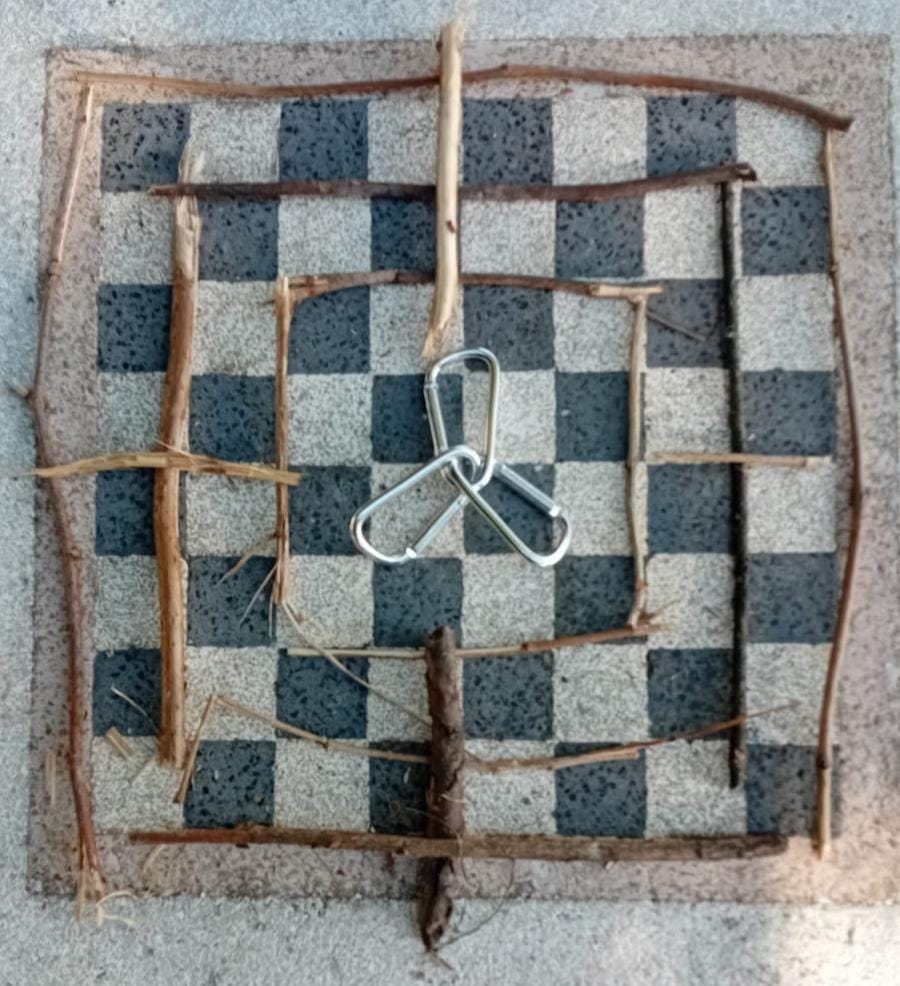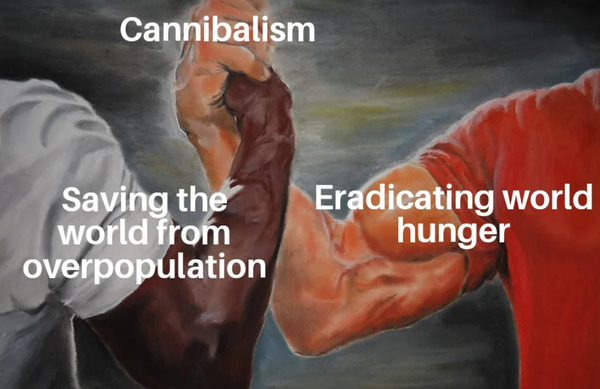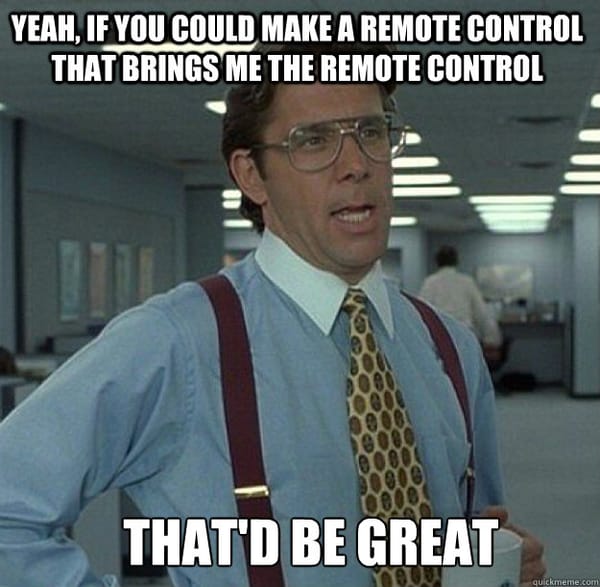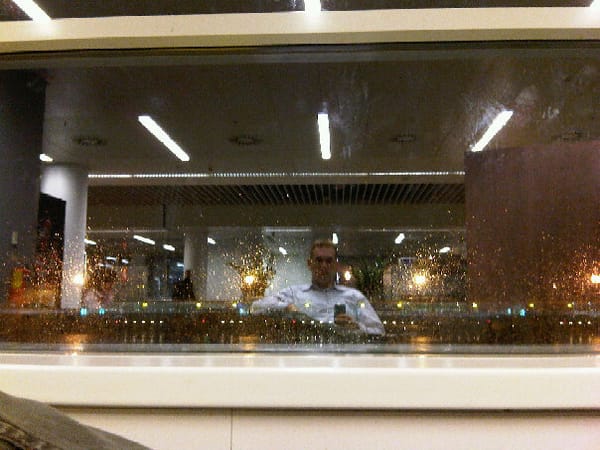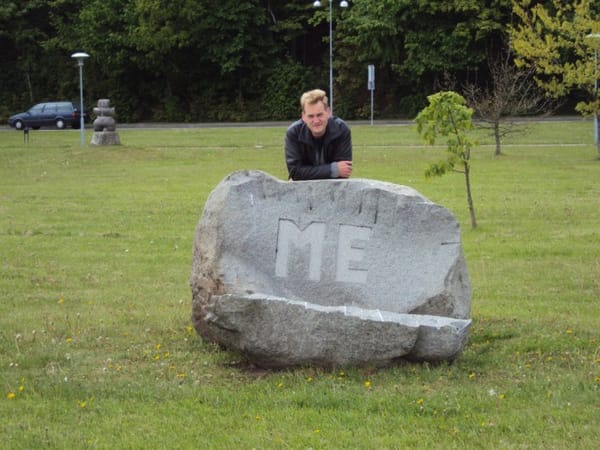We are not as inept as they want us to think
Building a Decentralized, Community-Driven Future that teaches cooperation by itself... because it could be baked into it , in stead of made specifically to disrupt it.
The paradigm of data, privacy and automation completely changes if you create an internet based on local community driven nodes. If data doesnt leave the community first , but is managed and maintained well on that smaller scale then the government provides the framework for effective intercommunity cooperation. Creating local data, decision and management machines that only live in that local datalake have an enormous potential that we are all missing. And that core design will make all those discussion about all those things on the internet super easy all of a sudden. It’s much cheaper too , to run it , to maintain it… and it wouldn’t try to destroy your soul either.
You could even introduce your youth to the complete workings of it , and use it as part of the curicculum for the local school so that everyone grows up actually understanding how all this stuff works. (And that maintenance of it is even a positive function all of a sudden… )
Imagine what it means when all communication and administration going on the internet now… didn’t even leave your town , if it was between you and someone else in your town?
That would only make sense wouldn’t it?
And I don’t know if you know this… You probably don’t. But making CPU’s isn’t really THAT complicated. Ok… sorry… My CPU’s are the size of a shoebox… but if 3 of those can run an entire town… Does that matter? And just imagine the possibilties if communities build their own CPU’s… (but that takes a bit of work and time though… The first thing to tackle is that communication network paradigm where everything gets hoovered up and corrected by unknown , foreign and completely lawless entities without any checks and balances anywhere. Somehow.. that simple truth doesnt sound like a good idea does it?
Well… That’s what you’ve thrown all your children into , without any real assistance or guidance whatsoever. And you’re surprised things turned out the way they did?
But there’s a way out… a very simple one even.
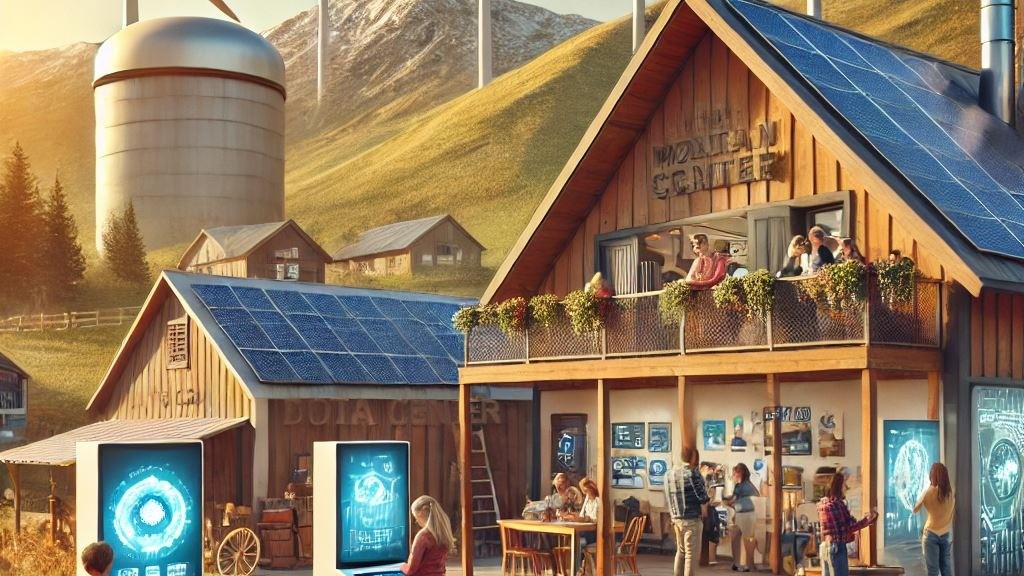
Introduction
The internet, as it exists today, is a globalized, centralized system that fails to serve the needs of local communities. It has created inefficiencies, environmental harm, and a growing disconnect between humans and their physical environments. But what if we could reimagine the internet as a localized, decentralized network that empowers communities to take control of their digital and physical infrastructure?
Or said more simply… Why does even the communication between you and your closest family members have to go through datacenters of even different countries?
Why does even your communication with your local government have to go there when all these technologies are also very easily locally created and hosted at a much lower cost?
Our vision is to create a new paradigm where villages, towns, and cities build their own intranets, energy grids, and data centers, fostering self-sufficiency, resilience, and meaningful human connections. By leveraging existing technology in a new way, we aim to build a future where communities thrive independently while maintaining global standards of human rights and international law.
The Problem
- Centralized Systems Are Failing Us The internet, while revolutionary, has become a tool for misinformation, exploitation, and environmental degradation. Centralized power grids are inefficient, vulnerable, and contribute to ecological crises. Human relationships are suffering as virtual interactions replace physical connections.
- Loss of Local Autonomy Communities are overly reliant on global systems that do not account for local needs or realities. Economic and social activities are increasingly abstracted, leading to a breakdown in trust and cooperation.
- Environmental and Social Costs The current model accelerates ecological destruction and undermines the well-being of future generations. Humans are miserable without meaningful physical interactions, yet technology is pushing us further apart.
The Solution: Localized, Decentralized Networks
We propose a new paradigm that combines the best of modern technology with the timeless principles of local autonomy and human connection. Our solution involves:
- Local Intranets for Communities Each town or village operates its own intranet for local communication, administration, and economic activity. These networks are designed to be secure, efficient, and tailored to the unique needs of each community.
- Decentralized Energy Grids Communities generate and manage their own energy through renewable sources, reducing reliance on centralized power grids. This approach enhances resilience and sustainability while lowering environmental impact.
- Physical Interaction as a Priority Our systems are designed to complement, not replace, physical human interactions. By focusing on local needs, we foster stronger relationships and a greater sense of community.
- Global Standards, Local Implementation We adhere to UN human rights and international law while empowering communities to implement solutions that work for them.
Why Now?
- Technological Readiness: The knowledge and tools needed to build decentralized systems are now widely available.
- Environmental Urgency: The ecological crisis demands immediate action, and our model offers a sustainable alternative.
- Human Well-Being: The mental and physical health of individuals is deteriorating due to over-reliance on virtual interactions.
- It's not experimental but proven : Home - Gaia-X: A Federated Secure Data Infrastructure
And yes... Even Gaia-X was "subverted" by all the paradigms that are threathened by it... with the exact same strategy that has been squishing everything that treathens them... the drowning in word flufff and eternal debate of their problems.
But it's concepts work... the technical components to choose from endless and just functional and there for the using.
And it could any software component really.
Market Opportunity
- Global Reach: Every town, village, and city can benefit from localized networks.
- Scalable Model: Successful implementations in one community can be replicated worldwide.
- Economic Potential: Localized systems create jobs, reduce costs, and stimulate local economies.
Any community now spending lots of funding on obviously failing recursions of failed things of the past could spend that very same budget too …
- Develop pilot projects in one community
- Build the technology infrastructure for localized intranets and energy grids.
- Conduct research and development to optimize the system for scalability.
- Launch a global awareness campaign to promote the benefits of decentralized living.
Vision for the Future
Our goal is to create a world where communities are self-sufficient, resilient, and deeply connected to their physical environments. By replacing outdated, centralized systems with localized, decentralized networks, we can build a future that is sustainable, equitable, and fulfilling for all.
Conclusion
This is more than a technological innovation : it’s a movement to redefine how humanity interacts with technology, the environment, and each other. By investing in this vision, you are not only supporting a profitable venture but also contributing to a better future for generations to come.
Let’s build a world that works for everyone.
Because it really isn't that complicated really.
And we have way to many ideas that can just turn any region into the opposite of all this dystopia relatively easily if you start out of the right starting point, and then only move in the right directions.
We don't need advise , we don't need experimentation , we don't need ideas... It's all ready to go but we need to be able to pay for protection from a lawyer... that also handles the legislative procedures needed to be licensed to create basic neccesities. Which is strange in itself isn't it?
And it's a profitable business within a year even... So it literally can't fail.
If you're still wondering how and why... well... We’ve got more.
